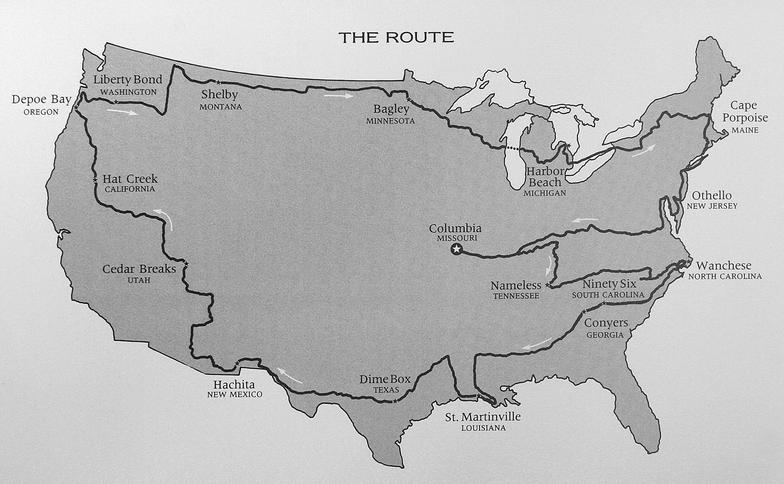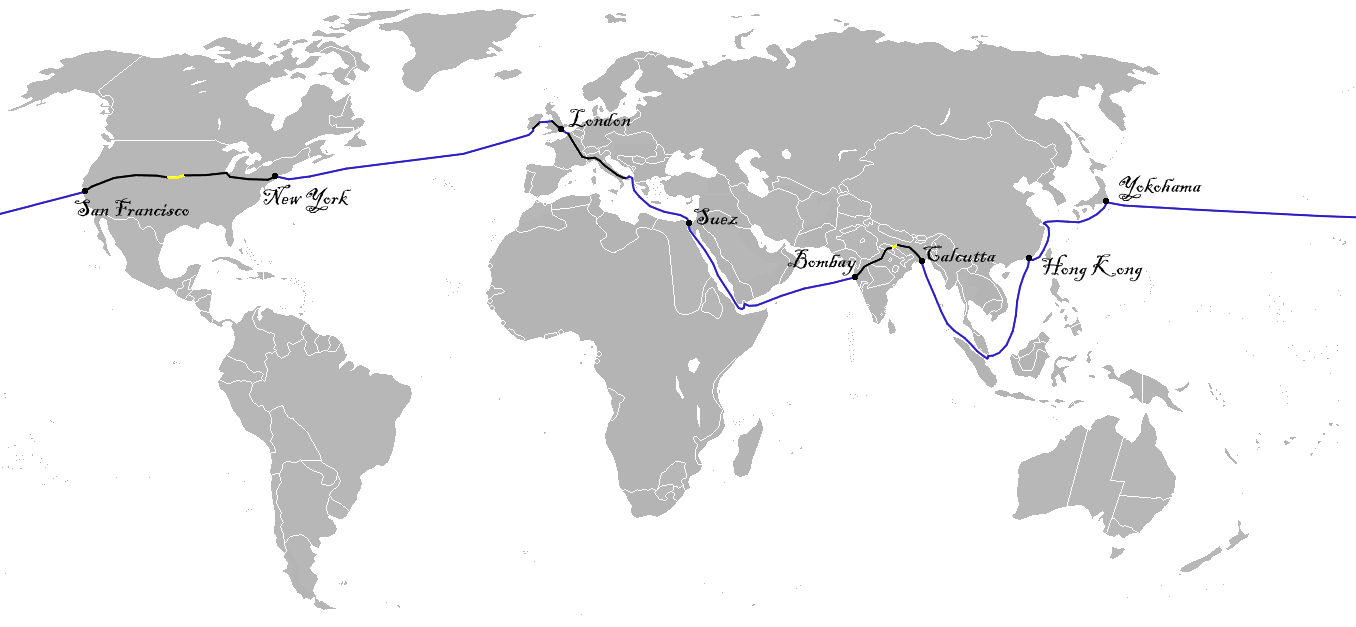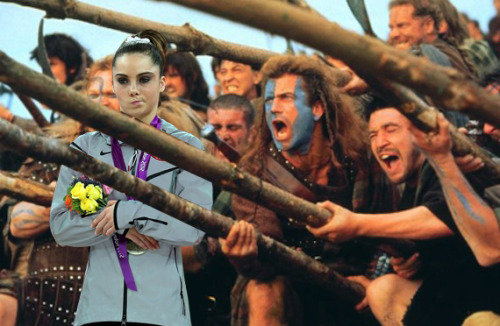When I’m not bloviating about books and literature, I’m a pretty hopeless political junky. And with the two major party conventions taking place this week and next, I figured I’d combine those two hobbies for First Line Friday. Today we examine the opening of Mitt Romney’s two books, Turnaround and No Apology. Next week we’ll examine the two books penned by President Obama.
In Turnaround, Romney’s hidden his first line behind a “preface to the paperback edition,” an “introduction and acknowledgements” section, and a prologue. But chapter one kicks off like this:
“In the fall of 1998 I got a call asking whether I would consider taking the helm of the troubled Salt Lake Organizing Committee for the 2002 Olympic Games. I dismissed the notion out of hand.”
In No Apology, he begins like this:
“I hate to weed. I’ve hated it ever since my father put me to work weeding the garden at our home in Bloomfield Hills, Michigan.”
Well, William Faulkner they are not. But since people picking up the books will already be familiar with their premises, those two openings do set an effective hook by making the reader wonder “how are we going to get there from here?” If he didn’t want to take on the Olympics, why did he end up doing it? And what the heck does weeding a garden have to do with American exceptionalism? I haven’t read either book, so I don’t know the answers to those questions, but I would read on.
You?












































